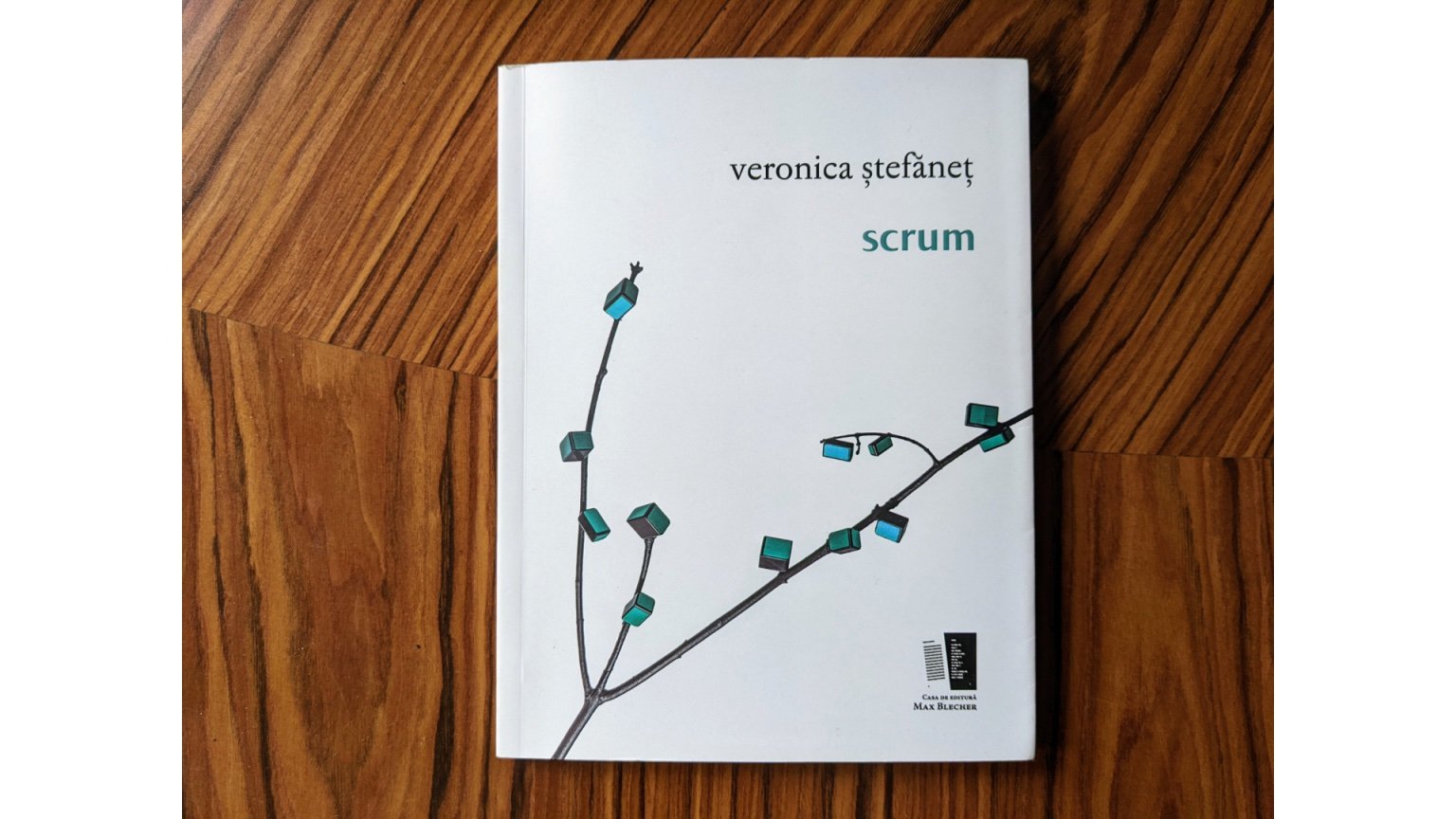60 for 60: Love
On April 22, 1995, the highly-regarded American poet Jane Kenyon died. Accordingly, Columbia Journal dedicated a portion of its Spring 1996 issue to her memory. This homage included two poems by another highly-regarded American poet, Sharon Olds. The second of those two poems was written for Kenyon’s husband, Donald Hall, who was also a highly-regarded poet. And Olds’ poem “Love” is a great piece of work, and a fitting tribute to these poet-inspirations.
60 for 60: No Names
In Justin Taylor’s elegiac short story “No Names,” a narrator reflects on his ephemeral but meaningful connection with a deceased poet. His recollections coalesce around a single evening in which the narrator shared a table with the poet at a neighborhood bar, surrounded by fellow writers with whom they drank, chain-smoked, and chatted about nothing in particular.
Barebacking the Barback by Christopher Soto
We're his // Retired slut on food stamps // Forever
Sniffing horse tranquilizer // Seeing digital dreams
60 for 60: Seventy Times Seven
My initial reaction to Tracy K. Smith’s “Seventy Times Seven” was one of awe. To begin at the beginning, the title cannot help but remind one of Matthew 18:22. While Smith incorporates religious figures, including San Nicolas, the poem is nothing short of magical in its exploration of culture, spiritual awakening, and human emotions. In a lecture, Smith discussed the interconnections between faith and poetry. She said, “Like the language of spiritual awakening, poems seek to be living words—vehicles for transmitting a sense of the strange and the powerful from speaker to reader” (Smith, 2018). Thus poetry is a vessel that carries with it the energy and intentions set by the author.
Smuggling Bethlehem
I am no stranger to picking apples out of men's throats.
Atlanta
I'm tired of making amends with soon-to-be strangers.
Tired of being my mother's favorite stranger.
60 for 60: Portrait of the Poet as Augustus Egg
“I am tired of women who are sad. I am tired of / Men who are tired.” The end of April is a good time to be finished with feeling sad and tired. It’s springtime; the earth is singing; it’s still National Poetry Month. I’ve never seen the Thames, but I know it mythically, as all rivers are known.
Review: Yesterday by Juan Emar, Translated by Megan McDowell
It’s an exciting literary event when a translator resurrects a writer from the obscurity of the past. To our benefit, this is exactly what Megan McDowell does with her new translation of Juan Emar’s Yesterday (New Directions, April 2022), a novel whose wonderfully frustrating exploration of the difficulties of communication comes at a time when we are reconceiving our social relationships in a post-pandemic world. As Emar’s first substantial introduction to the American reading public—fifty-eight years after his death—Megan McDowell’s translation pays deft tribute to the levity, complexity, and despair of Emar’s prose, while maintaining the intellectual fortitude of a text that asks us to reconsider fundamental conceptions of identity that undergird both the popular novel and, by extension, our understanding of ourselves.
Fire Season: Selected Essays 1984-2021, by Gary Indiana
In Gary Indiana’s 1989 novel Horse Crazy, the narrator’s sociopathic crush finally shows him his first large-scale artwork: “an arrangement of six different male types: college preppie, Kennedy-type young lawyer, bohemian, blue-collar worker, and so forth.” The narrator soon realizes all six faces belong to Ted Bundy. “Such is the ambition of American society, that a person who runs out of control in this manner can effortlessly impress those he meets as a paragon of desirable national qualities.” Indiana is forever associated with his 1985-1988 run as art critic for the Village Voice, but he is primarily an artist, and the long bibliography of plays, films, visual art, and fiction he has produced since often focuses on people “out of control.” His best-known work is a trilogy of “deflationary realist” true-crime novels. Yet there is a difference between those who commit crimes of desperation, and those who act in the relentless pursuit of power and wealth, or, like Bundy, for no reason at all. In Fire Season, a voracious, scathing collection of Indiana’s reviews and essays, Indiana has dueling subjects: the cartoon villains of the neoliberal order, and the artists making serious work in spite of it.
Two Poems from Scrum
you grab the end of your girlfriend’s scarf and quickly sniff it
when she’s not at the table
I pick off the strands of hair caught on her coat when we go out
Notes of a Half-Jewish Daughter
I am in love with Venice. With the laundry hanging outside windows, the surprise squares that open up after crammed alleyways, the roar of boats and sting of salt on your hair, your eyes, your tongue. I am in love with Venice in a way that feels chemical, as if even the smallest strips of my DNA have the city embedded within them, have been programmed to understand it as home.
60 for 60: November Morning
Joyce Carol Oates wrote herself into literary posterity with the 1966 release of “Where Are You Going, Where Have You Been?,“ a story told from the perspective of a teenager coaxed out of her house by a smooth-talking man and loosely inspired by the Pied Piper of Tucson murders. Likewise, this story—“November Morning”—boasts a young protagonist whose childhood is invaded by grim adult themes when his mother drags him and his siblings off to identify the dead body of her estranged husband.
Three Poems by Adela Zamudio
The fiery rays of the summer sun
are scorching the earth.
The withered prairie, in its slow death throes,
In Ocean Vuong’s Poetry, an Ocean of Moving Elegiac Paradoxes
Undisputedly, the years have been at once kind and brutal to Ocean Vuong. I say kind in the sense that, from a career perspective, Vuong has ascended to the peak of literary prominence at a pace and to heights few contemporary poets can match. Along the way up, he’s accrued a faithful audience, struck late-night talk-show stardom, and garnered prestigious awards, a T.S. Eliot Prize and a MacArthur Fellowship, among countless others. But I also say brutal, in that violence and loss continue to plague Vuong’s life: he’s had to contend with the harsh realities of growing up in poverty, as an immigrant and former refugee from Vietnam, and as a bookish queer boy navigating through a largely unsympathetic society.
60 for 60: Learning Chinese
As a mixed-race young woman, I find myself at all times both within and without my culture. For a long time, my ancestral background seemed to color my skin but not my personal life. Likewise, the narrator in Katherine Charriott Hou’s short story “Learning Chinese” comments that she, “…was thirteen years old when she became half Chinese.” Throughout this softly funny and subtly tragic piece, the narrator learns the cost of forced American socialization when her mother suddenly cannot speak English anymore. Together the unnamed narrator and her father immerse themselves in learning Chinese culture and language to accommodate the mother.
60 for 60: Informing on a Couple Unknown Guys
Upon stumbling across this work by Polish poet Leszek Szaruga, translated by the esteemed W.D. Snodgrass and published in our journal in 1995, I felt compelled to keep my own eyelids wide open to read it over and over again. There’s something in the way Szaruga chronicles the attempts of these two “unknown guys” to come to terms with their existence in the world that struck me down, completely unexpectedly so. His short, precise, colloquial language doesn’t rely on big, fancy words; its honesty alone is overwhelming.
Excerpt from Beautiful Abyss
Yes, sir? You’re kidding, right? You can rough me up like the other guys, but I’m not going to call you sir. Dream all you want, I won’t say it, I’m not your dog. Mister Bakouche is all I owe you, and that’s just because I don’t know you. Maybe once we get better acquainted, I’ll end up calling you a total prick.
2021 Spring Contest Winner: Kodak 4200 Slide Projector Asks If I Ever Held Hands With My Father
In the first picture my father's hands ain't holding nothing
60 for 60: Apollo in the Defeated Town
The statue's red lips
drip with the spit
of abandoned wives.

















































